First published in 2010 by
Berghahn Books
www.berghahnbooks.com
2010, 2013 Edward Berenson and Eva Giloi
First paperback edition published in 2013
All rights reserved. Except for the quotation of short passages for the purposes of criticism and review, no part of this book may be reproduced in any form or by any means, electronic or mechanical, including photocopying, recording, or any information storage and retrieval system now known or to be invented, without written permission of the publisher.
Library of Congress Cataloging-in-Publication Data
Constructing charisma : celebrity, fame, and power in nineteenth-century Europe / edited by Edward Berenson and Eva Giloi.
p. cm.
Includes bibliographical references and index.
ISBN 978-1-84545-694-8 (hbk.)--ISBN 978-0-85745-815-5 (pbk.)
1. Mass mediaHistory19th century. 2. EuropeHistory17891900. I. Berenson, Edward, 1949 II. Giloi, Eva.
P90.C66 2010
302.234dc22
2010010760
British Library Cataloguing in Publication Data
A catalogue record for this book is available from the British Library
Printed in the United States on acid-free paper.
ISBN: 978-0-85745-815-5 Paperback ISBN: 978-0-85745-839-1 Retail eBook
Introduction
EDWARD BERENSON AND EVA GILOI
F ame, charisma, celebritywe use these three words commonly nowadays and often interchangeably. We grant celebrity status to prominent actors and actresses, sports figures, television personalities, and political leaders, some of whom we call famous and charismatic as well. As a former president of the United States, Bill Clinton is famous. He also enjoys celebrity status thanks to myriad magazine covers sporting his easily recognized face. And those with fond memories of his presidency tend to consider him charismatic as well. Princess Diana shared these attributes, only much more so, her apparent charisma enhanced by the whiff of royalty, the movie-star glamour, her millions of adoring fans.
So, are celebrity, fame, and charisma one and the same? If they are, why the three different terms? If not, how do they differ?
Such questions first surfaced not in the twentieth century, as we often think, but in the nineteenth century, that great age of hero-worship when it became common to worry that individuals could be celebrated for no good reason.
At about this time, copper engravings and lithographs expanded the audience for famous people, making certain faces widely recognizable across Britain, the US, and the Continent: Napoleon Bonaparte, Benjamin Franklin, Thomas Paine, Maximilien Robespierre. Still, communication remained slow, circulation low, and illiteracy high. The famous and celebrated constituted a tiny elite.
Their numbers began to grow during the first half of the nineteenth century, when newspaper readership, popular lithography, photography, and other media gradually but steadily expanded, as did a general democratization of culture and politics in the post-French revolutionary era. But only after 1850, with the emergence of the first mass media, did charisma, celebrity, and fame explode into the kind of phenomena we know today. Most prominent among the new media stood the cheap, industrially produced newspapers, epitomized by France's Petit journal, founded in 1863. The four-page paper sold for one penny a copy and appealed to newly literate and relatively unsophisticated readers. By the early 1870s, its circulation reached a half-million copies a day.
With the advent of mass newspapers, the celebrity became a common cultural type, constituting a new and powerful social force. Thanks to ever more complex technologiessteam-powered rotary presses, automatic paper folders, linotype machines, railroads, telegraphs, and soon telephones, and innovative photographic techniquesordinary people could identify with the famous; feel that they knew the hero, leader, or star; and imagine that public figures belonged to their private lives. In turn, cultural figures, political outsiders, and imperial adventurers gained influence over followers who sought new agents of authority to orient them in an uncertain world. Increasingly, established leaderskings, presidents, clergymenhad to operate within the new culture of celebrity, which forced them to compete for the recognition they had long taken for granted.
In the essays that follow, we trace these developments, all too familiar in our own celebrity-obsessed present, back to the nineteenth century. Our contributors show the extent to which the celebrity culture owed its origins to Europe and not just the United States. In the process, we examine how fame, celebrity, and charisma functioned, what cultural needs they fulfilled, how they were producedeven self-consciously constructedand what kinds of political and social authority they conferred.
Charisma, Fame, Celebrity
Our first task is to untangle the three termsto outline how celebrity, fame, and charisma differ and how they overlap. Perhaps some contemporary examples will help. Barbara Walters is certainly a celebrity and one of the most famous women in the United States. But does she count as charismatic? Or take Angela Merkel, the German Chancellor. She is famous, even a celebrity, and Germans found her competent and believable enough to elect her as their head of state. But it is unlikely that the bulk of her voters supported her because she possesses a certain something, an extraordinariness, as Max Weber would have put it, known as charisma. We might say the same of Britain's Gordon Brown or Spain's Jos Luis Rodrguez Zapatero.
As these examples suggest, charisma and fame are not equivalent terms. Charisma points to a quality that Merkel lacks, but that belongs, for example, to Hugo Chavez and Nelson Mandela. All three of these political figures possess (or possessed) power, but for Merkel, that power derives almost entirely from institutions and the law. It is a largely rational, identifiable power whose origins and nature can be readily explained. Chavez and Mandela enjoy[ed] legal, institutional power, but a significant part of their authority comes from another realm. It is, as Weber termed it, a residual form of authority whose origins lie outside tradition, on the one hand, and institutions and law, on the other. This residual authority seems a kind of gift, an inexplicable, indefinable force that makes those who possess it different from other people, magical in a way, and all the more powerful for the impossibility of putting one's finger on its source.
This third form of authority, or charisma, has ancient roots. As Stephen Minta shows (
The last part of the quotation is keythe extraordinary person's treatment as a leader. Because charisma resides in certain extraordinary individuals, Weber's commentators have often thought it to be mainly a psychological phenomenon, a secularized version of its original biblical usage as a gift of private grace from God. But for Weber, charisma required a relationship between the leader and his flock,
On the personal level, the charismatic leader is endowed with a sense of mission; he believes in his divine vocation earlier and more fervently than anyone else. This sense of mission can be revolutionary or stabilizing, depending on the social circumstances. In his earliest writings on the subject, Weber maintained that charismatic figures could be insiders or outsiders; they could be either established figures who give society legitimacy and strength or emergent idols who transform it into something new.

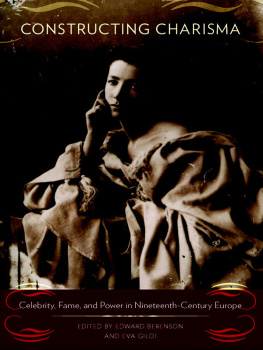


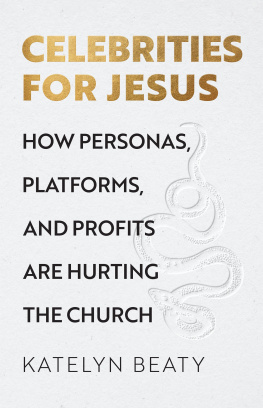
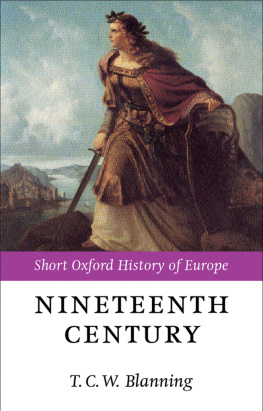

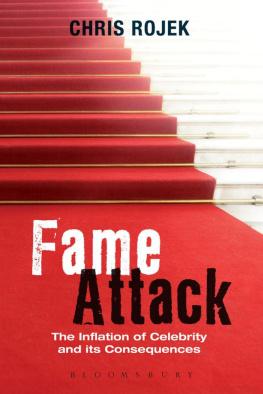

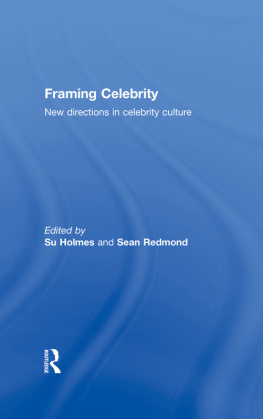
 ILLUSTRATIONS
ILLUSTRATIONS 
